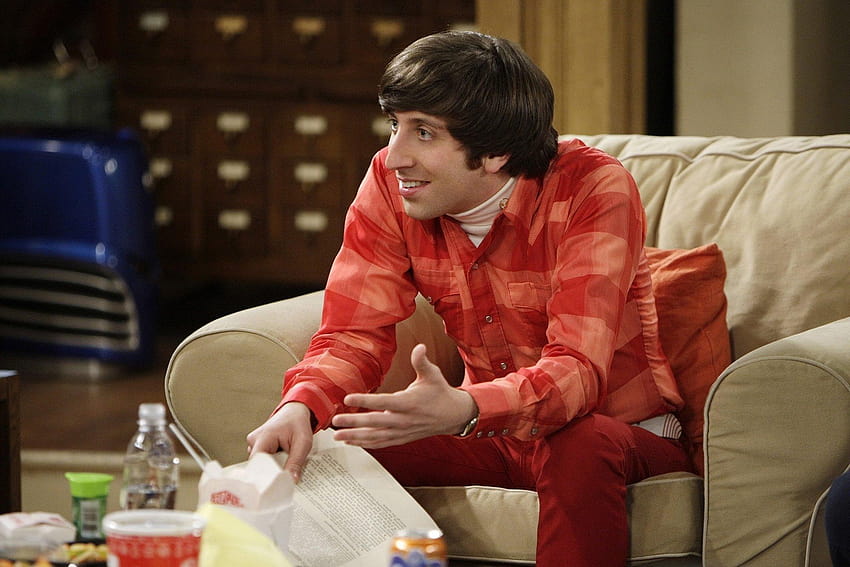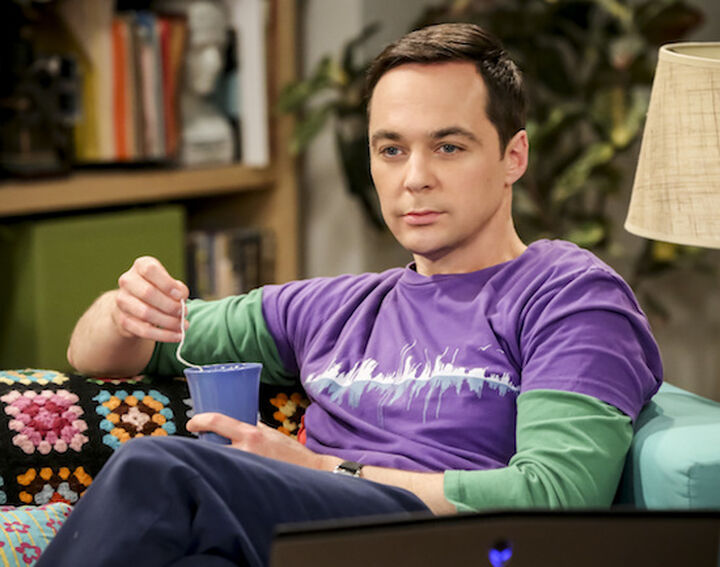
Over the last couple of years, there’s been a fall in the popularity of sitcoms like The Big Bang Theory. This is probably because of the fall of traditional television and the rise of streaming services. Back in the 2000s, they were all the rage. Everyone was watching or rewatching one. Some like Friends or The Office still have strong fandoms even today.
In the discussion of timeless and golden sitcoms, The Big Bang Theory is a must-mention. It might not have had the longevity of Friends, but it was popular enough to nab 7 Emmys and a Golden Globe.
The Big Bang Theory premiered in 2007. It followed the lives of four geeky physicist friends – Sheldon, Leonard, Raj, Howard and Leonard’s neighbour, Penny. The four friends worked in different departments at the same university while Penny was a waitress and aspiring actress.

The show portrayed the four friends as the oddballs of society. When BBT premiered, “nerdy” hobbies like video gaming or cosplaying weren’t cool or popular. Compared to the rest of the world in the show, the four friends were weird. Their neighbour, Penny, filled the trope of the “dumb blonde”.

I didn’t watch The Big Bang Theory when it was all the rage or while it was running. I watched it in 2019, 12 years after it premiered and some months after its last episode aired. A friend recommended it as a way to blow off some steam.
I was eager to watch it but when I started, I found myself disappointed. I found the show hard to enjoy. A number of things about the show put me off, and I couldn’t get past the first episode. Weeks later, boredom and my curiosity got the best of me, and I ended up watching eight seasons of the show.
You didn’t ask, but I’m here to tell you all about the issues I had with the show despite enjoying it. These issues had me constantly asking myself, “Bolutife, do you really want to go on with this?” I answered yes to this question many many times because I have no shame or standards. But I believe you do and if you don’t, I’m here to give you shame and some reasons you should say “no” if you ever ask yourself that question while watching it.
The first issue was the issue of the laugh track. Like a good number of sitcoms, TBBT featured a laugh track. I’m not a big fan of laugh tracks but I grew up watching shows like Big Time Rush and iCarly, so that wasn’t the problem. The issue was that BBT made use of laugh tracks excessively, using them even when there was nothing funny. It was tiring and annoying to watch and listen to.
The most notable issue I had with TBBT was the show’s misogyny. The characters exhibited varying levels of misogynistic behaviour and offensive comments. Their misogyny was excused by the fact that they were nerds and socially awkward people. As if liking Star Wars and and playing Dungeons and Dragons for fun were valid excuses to objectify or say offensive things about women.
The worst of the misogyny often came from Howard and the group never said or did anything about it. He was the kind of creep women actively avoided. He created gadgets to spy on them, constantly objectified them and made demeaning comments about them.

One would think that as the show progressed, the writers would find better ways to advance the plot without resorting to misogyny. But no, they didn’t let it go. When Howard got partnered up, he expected his wife to do a majority of the domestic duties just because she was a woman and got jealous because his wife earned more than he did.
Another issue I had with TBBT was Sheldon’s character. The show depicted Sheldon as a super genius who often had problems with social interactions. It was never explicitly stated that Sheldon was on the autism spectrum, but he did exhibit numerous neurodivergent traits like having sensory issues, hyperfixations and repetitive rituals.

The show used his neurodivergence to excuse his often rude, condescending, obnoxious, manipulative and selfish behaviour. There were hardly any repercussions for his behaviour despite how inconvenient it made the lives of the people around him.
He got away with a lot of his horrible behaviour because “he was just like that”, further pushing the stereotype that neurodivergent people cannot differentiate between right and wrong or change harmful behaviour. I found it crazy and unrealistic that his friends remained friends with him all throughout the 12 seasons.
While I know we should not take sitcoms very seriously, I think there are better ways to write comedy without centering it around harmful stereotypes or misogyny. I think it’s lazy writing. Some of these issues were less prominent as the show went on but they were still used as major plot points throughout.
If The Big Bang Theory was on your watchlist, don’t let me stop you from watching it (or maybe you should.) I just want you to know what you’re getting into. Thank me later! I accept my thanks in cash. We all know about the country’s cash scarcity.
Looking for more pop culture commentary? Click here.



Leave a Reply